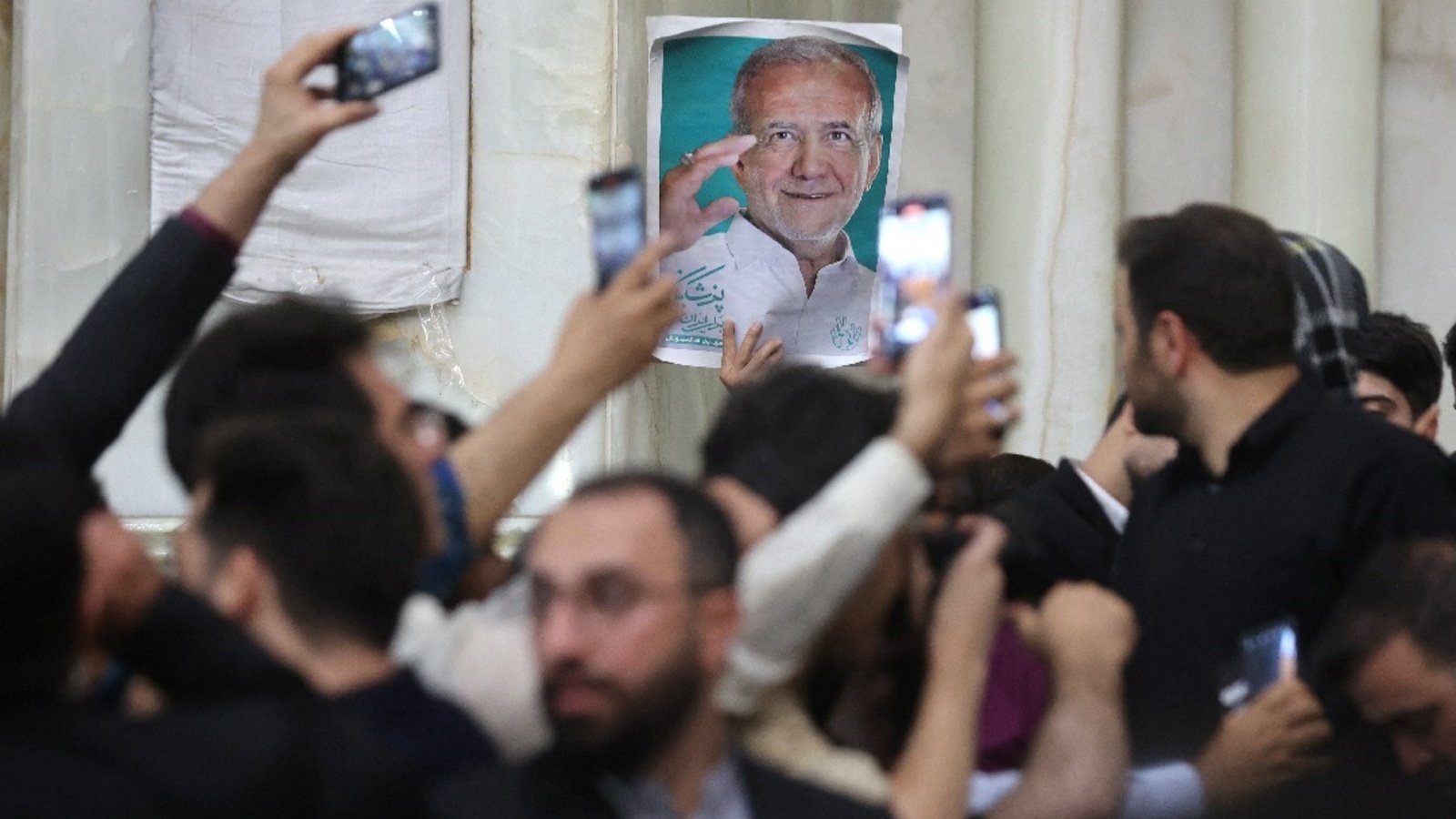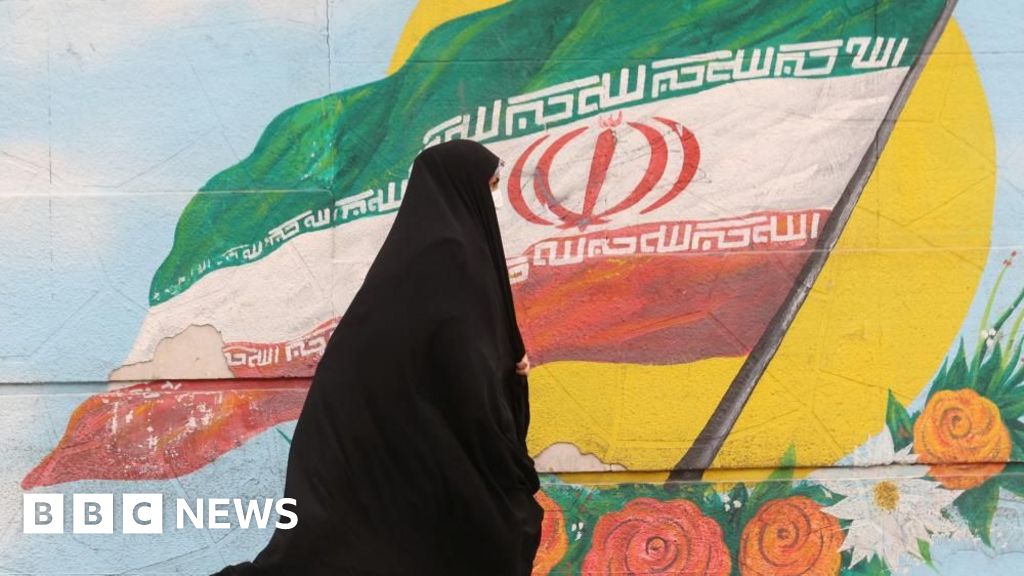
In a significant political shift for Iran, Masoud Pezeshkian, a reformist candidate, has won the country's presidential election. Pezeshkian campaigned on promises to ease some of the harsher measures imposed by hardliners, such as potentially softening rules around the mandatory headscarf law and engaging in outreach with Western countries. However, experts caution that any changes are likely to be limited, as the regime is unlikely to allow sweeping reforms. Pezeshkian's election has been welcomed by those hoping for a more moderate approach to governance in Iran, but it remains to be seen how his policies will unfold and how much influence he will truly have over the country's direction.
Born in 1943, Pezeshkian is the oldest person ever elected as Iran's president. He has a long history of service in the country as a member of Parliament and cabinet minister. During his campaign, Pezeshkian recruited Mohammad Javad Zarif, former foreign minister who played a key role in striking the nuclear deal in 2015, to lend his support. Pezeshkian's election is seen as an opportunity for Iran to potentially reengage with the international community and revisit contentious issues such as its nuclear program and human rights record.
Despite Pezeshkian's promises of change, it is crucial to recognize that he still operates within the confines of Iran's Islamic Republic. The Supreme Leader, Ayatollah Ali Khamenei, retains ultimate authority over all matters of state in the country. As such, while Pezeshkian may bring a more moderate approach to some issues, significant change is unlikely without a shift in power within the Iranian government.
In addition to domestic challenges, Pezeshkian will also face geopolitical hurdles. The ongoing Israel-Hamas war in the Gaza Strip and Western fears over Iran's enrichment of uranium to near-weapons grade levels present significant obstacles for any attempts at diplomacy. Nevertheless, Pezeshkian's election marks a notable shift in Iranian politics and offers a glimmer of hope for those who have long advocated for greater openness and moderation in the country's governance.


